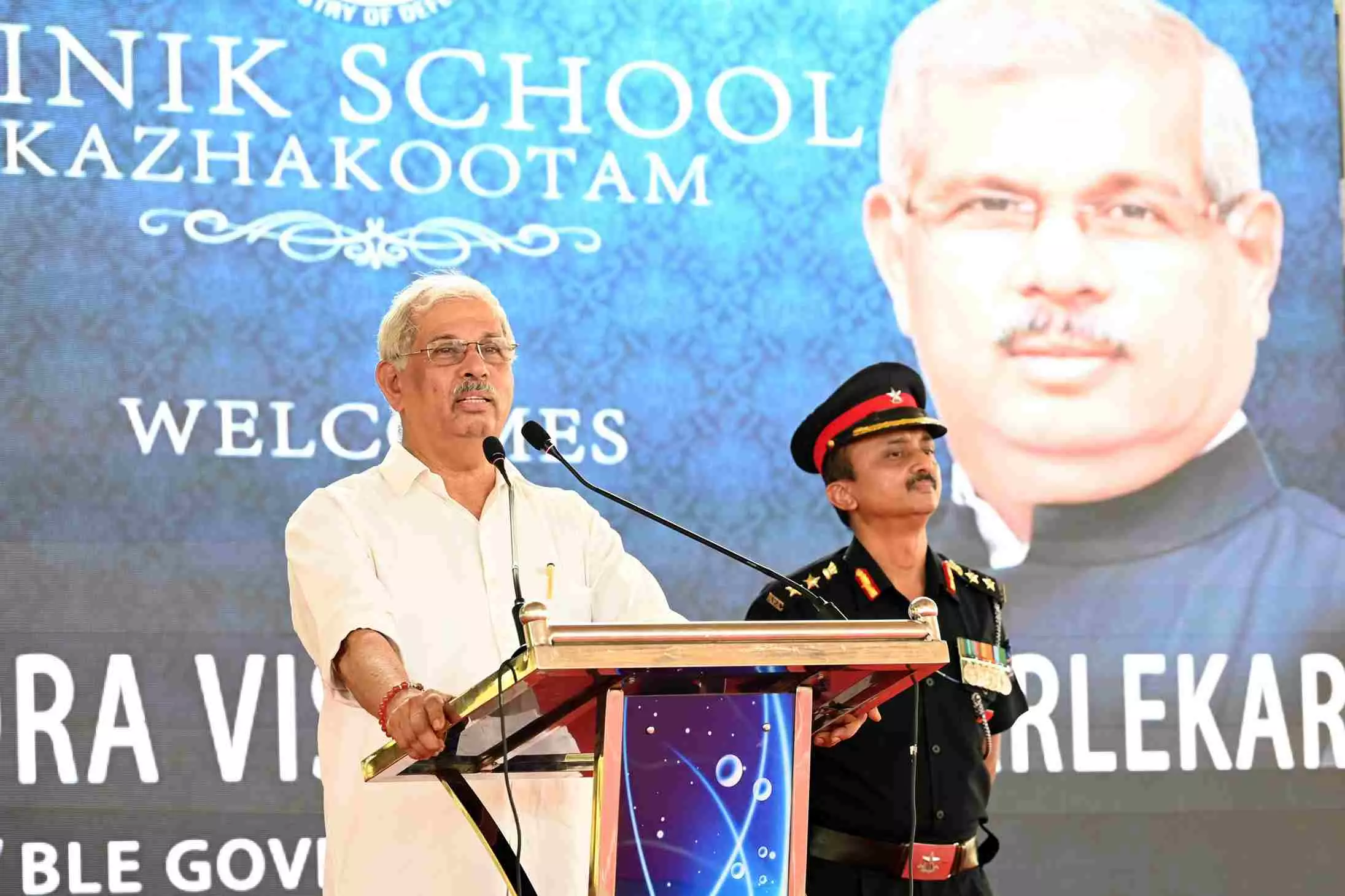
‘Overreach’: Kerala Governor slams SC ruling that sets timeline for bills
The Supreme Court ruling came in response to petitions from Tamil Nadu and Punjab, both of which alleged unreasonable delays in gubernatorial assent to bills

Kerala governor Rajendra Vishwanath Arlekar has strongly criticised the Supreme Court directive setting a timeline for governors to act on bills passed by state assemblies, calling it a case of "judicial overreach".
Also read: Governor as catalyst, not inhibitor: When SC showed Raj Bhavan its place
In an interview with the Hindustan Times, the governor pushed back against the April 12 ruling that required governors to return bills “as soon as possible” and within a reasonable time, suggesting a four to six week framework.
Attacks judiciary
“The Constitution says nothing about time limits for a governor’s decision on bills,” Arlekar said, arguing that any such judicially imposed timeline goes beyond what the Constitution prescribes. He emphasised that the Supreme Court’s directive undermined the federal structure by imposing judicial constraints on constitutional authorities like governors.
“If the judiciary begins to set timelines on constitutional roles, it disrupts the balance of power,” he said. He argued that governors are not mere rubber stamps and must be given the discretion to thoroughly assess the implications of bills.
“There are constitutional duties which require careful thought, and sometimes, legal consultation,” he added.
Khan’s travails
Arlekar’s predecessor, Arif Mohammed Khan, has had a history of friction with the Kerala government,
Khan had tense times with the Pinarayi Vijayan-led LDF government in Kerala, particularly over university appointments and pending legislation.
Last year, Khan – who has since moved out of Kerala -- withheld assent to several bills, citing concerns over legality and governance. This in turn sparked political criticism and protests.
Arlekar’s views come in the backdrop of a larger debate about the role and powers of governors in India’s federal setup.
SC and governors
Several Opposition-ruled states have accused governors of acting at the behest of the Centre to delay or obstruct state legislation. The Supreme Court’s ruling had come in response to petitions from Tamil Nadu and Punjab, both of which alleged unreasonable delays in gubernatorial assent to bills.
Also read: SC slams TN Governor, says withholding 10 Bills for President’s nod is ‘illegal’
The apex court’s guidelines are aimed at ensuring governors do not sit indefinitely on legislation. Arlekar called for a broader constitutional or legislative review to bring clarity to the governor’s role rather than relying on judicial interpretation.
“If we want clear timeframes, let Parliament or a Constituent Assembly-type body debate and legislate, not the judiciary,” he said.
